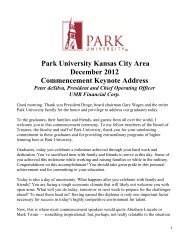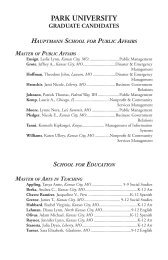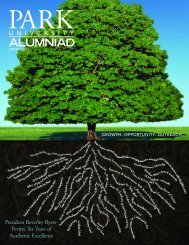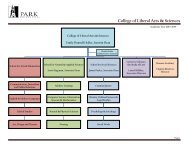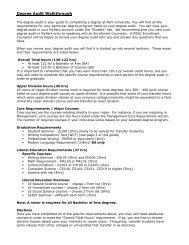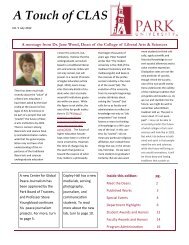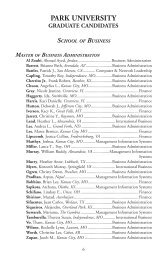How to Write a Radio Serial Drama for Social Development- PDF
How to Write a Radio Serial Drama for Social Development- PDF
How to Write a Radio Serial Drama for Social Development- PDF
Create successful ePaper yourself
Turn your PDF publications into a flip-book with our unique Google optimized e-Paper software.
Chapter One: Introduction <strong>to</strong> the Use of <strong>Radio</strong> <strong>Drama</strong> <strong>for</strong> <strong>Social</strong> <strong>Development</strong> 3<br />
The use of radio drama <strong>for</strong> pro-social purposes is undergoing a<br />
resurgence. In the early days of radio, it was not uncommon, especially in<br />
young countries such as Australia, Canada, and South Africa, <strong>for</strong> helpful<br />
messages on such <strong>to</strong>pics as agriculture and wild fire control <strong>to</strong> be<br />
incorporated in<strong>to</strong> serial dramas. In Britain, The Archers, a serial about a farm<br />
family, played a similar role and held national attention <strong>for</strong> decades. With<br />
the advent of television, however, attention shifted <strong>to</strong> soap operas, featuring<br />
highly exaggerated characters and emotions, and radio drama went in<strong>to</strong><br />
decline.<br />
Soap operas ruled the air waves until the mid-1970s when Miguel<br />
Sabido, in Mexico, expressed his belief that television serials could “do more<br />
than rein<strong>for</strong>ce attitudes <strong>to</strong>ward specific events and characters; they could also<br />
stimulate behavior” (Nariman, 1993). Sabido recognized that, while<br />
conventional soap operas presented values unconsciously and, there<strong>for</strong>e,<br />
sometimes incoherently, it would be possible <strong>to</strong> create value-coherent serials<br />
that encouraged pro-social behavior such as adult literacy or family planning<br />
without being boring, pedantic, or moralistic.<br />
What Sabido demonstrated on Latin American television with<br />
“telenovelas” <strong>for</strong> social change has proved just as effective in radio serial<br />
drama. <strong>Radio</strong> serial writers can create dramas that have a positive effect on<br />
individual behavior and on social norms (Nariman, 1993).<br />
1<br />
The <strong>Write</strong>rs of Enter-Educate <strong>Drama</strong><br />
Who should write Enter-Educate drama There is no single answer <strong>to</strong> this<br />
frequently asked question. Given a choice between an expert in the subject<br />
matter of the message who lacks writing experience and an experienced<br />
writer with little technical knowledge, the<br />
experienced writer is the better choice. With an<br />
adequate <strong>Write</strong>r’s Brief (see Chapter 2) <strong>to</strong><br />
provide the necessary technical in<strong>for</strong>mation <strong>to</strong><br />
be contained in the scripts, experienced writers<br />
usually can create an appealing s<strong>to</strong>ry, even on an<br />
unfamiliar subject.<br />
Most writers have more experience with<br />
pure entertainment pieces than with Enter-<br />
Educate material. Even the most experienced<br />
entertainment writers, there<strong>for</strong>e, usually need<br />
some guidance and instruction be<strong>for</strong>e writing an<br />
Enter-Educate script. <strong>Write</strong>rs without<br />
experience in writing radio drama should not be<br />
deterred necessarily from attempting the task,<br />
provided they can obtain adequate training.<br />
When Does the <strong>Write</strong>r Become<br />
Involved in the Project<br />
In the P Process, which illustrates the steps in<br />
the development of a communication project, Source: JHU/PCS, 1984




